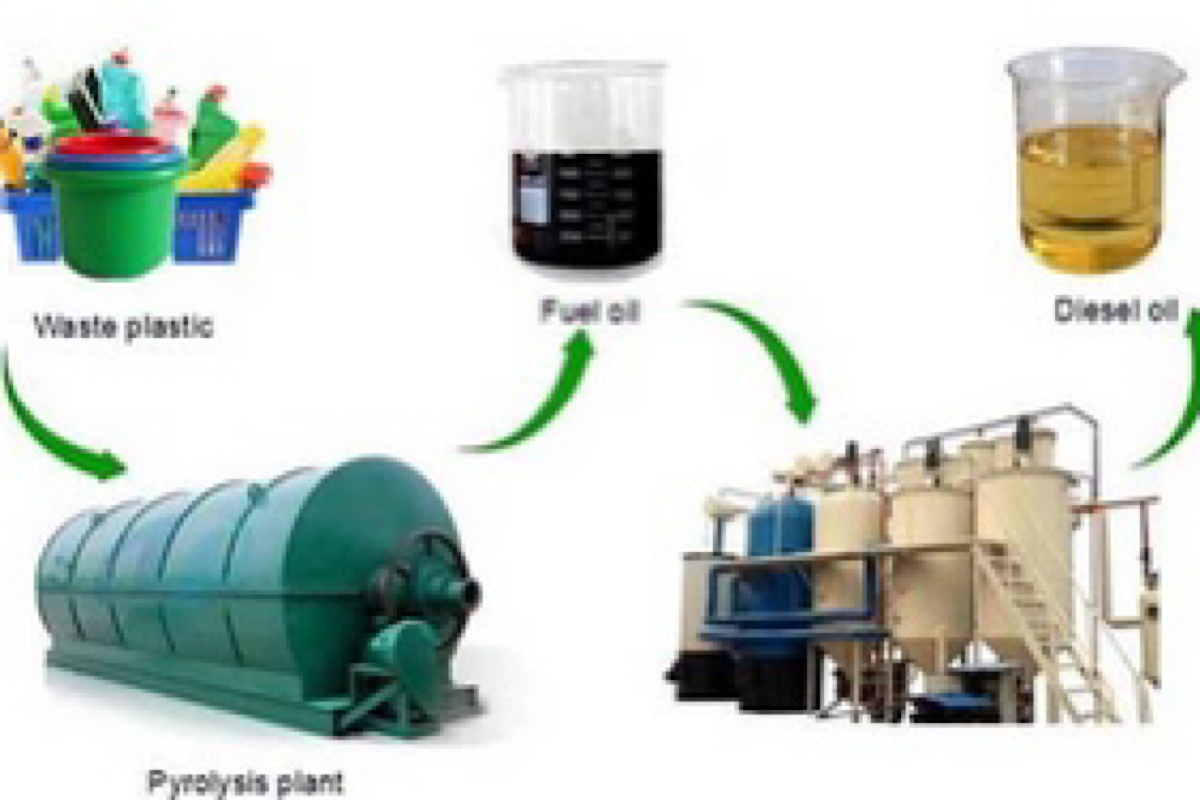The Ayodhya administration has entered into an agreement with a private company to responsibly use and convert plastic waste generated here into automotive fuel.
Ayodhya municipal commissioner Vishal Singh said: “The idea is to make Ayodhya a totally single-use plastic free city.”
Advertisement
The Ayodhya Municipal Corporation has signed a concession agreement with Bengaluru-based MK Aromatics Limited that runs India’s first plastic-to-fuel plant in Chennai.
The agreement was signed recently between Vishal and Imran Rizvi (Zergam) co-promoter and director of the company.
“With our patented technology, we deal in conversion of post-consumer waste plastics to synthetic crude oil which serves as value added petroleum hydrocarbon derivatives. We manufacture various aromatic hydrocarbon solvents, aliphatic hydrocar-bon solvents, carbon, and its by-products for various industrial usages,” said Rizvi.
Ayodhya’s plant will be north India’s first and largest having a capacity of 20 tonnes per day which translates into an annual capacity of 7,300 tonnes.
In due course, the daily capacity would be doubled.
Officials in the state government said after successful implementation in Ayodhya, all urban local bodies, blocks and large panchayats in the division will be tagged to the project.
Talking about the plan for Ayodhya, Rizvi said: “Our work will involve collection of plastic wastes from 100 points and its segregation at a pre-processing centre in Ayodhya. The centre will be like a mini refinery where plastic waste will be first converted to crude oil and later into automotive grade diesel which will be sold to industries and farmers to be used in generators, tractors, pump sets, heavy machinery, heavy vehicles used in earth work etc on subsidised rates.”
It will create employment for extremely marginalised persons, particularly women, in the society, he said.
“As many as 100 collection boxes would be installed and only women will be enrolled to operate them. Several battery-operated transportation rickshaws would be provided to collect the waste and transport to the centre,” he said.











